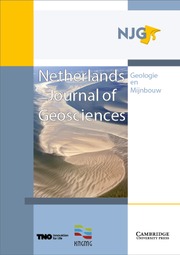Article contents
The practice of climate simulation and its social and political context
Published online by Cambridge University Press: 01 April 2016
Abstract
The practice of climate simulation takes place in a polarized social and political context. In this paper some methodological aspects of the practice of climate simulation are addressed and the potential value-ladenness of modelling assumptions is discussed. I claim that there is clearly a plurality of values guiding climate simulation efforts with climate scientists themselves also commonly holding different political views on the climate-change problem. There exist climate models of varying levels of concreteness and with different basic assumptions, and the modelling approaches behind these models are valued differently by different groups of climate scientists. The social and political context in which the climate modelling is done plays a role in these value judgements. In order to prevent one particular group of models from dominating the field for social and/or political reasons, the climate-modelling community should acknowledge the vital and necessary role of plurality in the practice of climate science and should stimulate reflection within this practice. Finally, while the IPCC partly addresses the issue by presenting model ensembles, the uncertainties in climate simulation should be better communicated to policy makers and politicians.
Keywords
- Type
- Research Article
- Information
- Copyright
- Copyright © Stichting Netherlands Journal of Geosciences 2008
References
- 5
- Cited by


